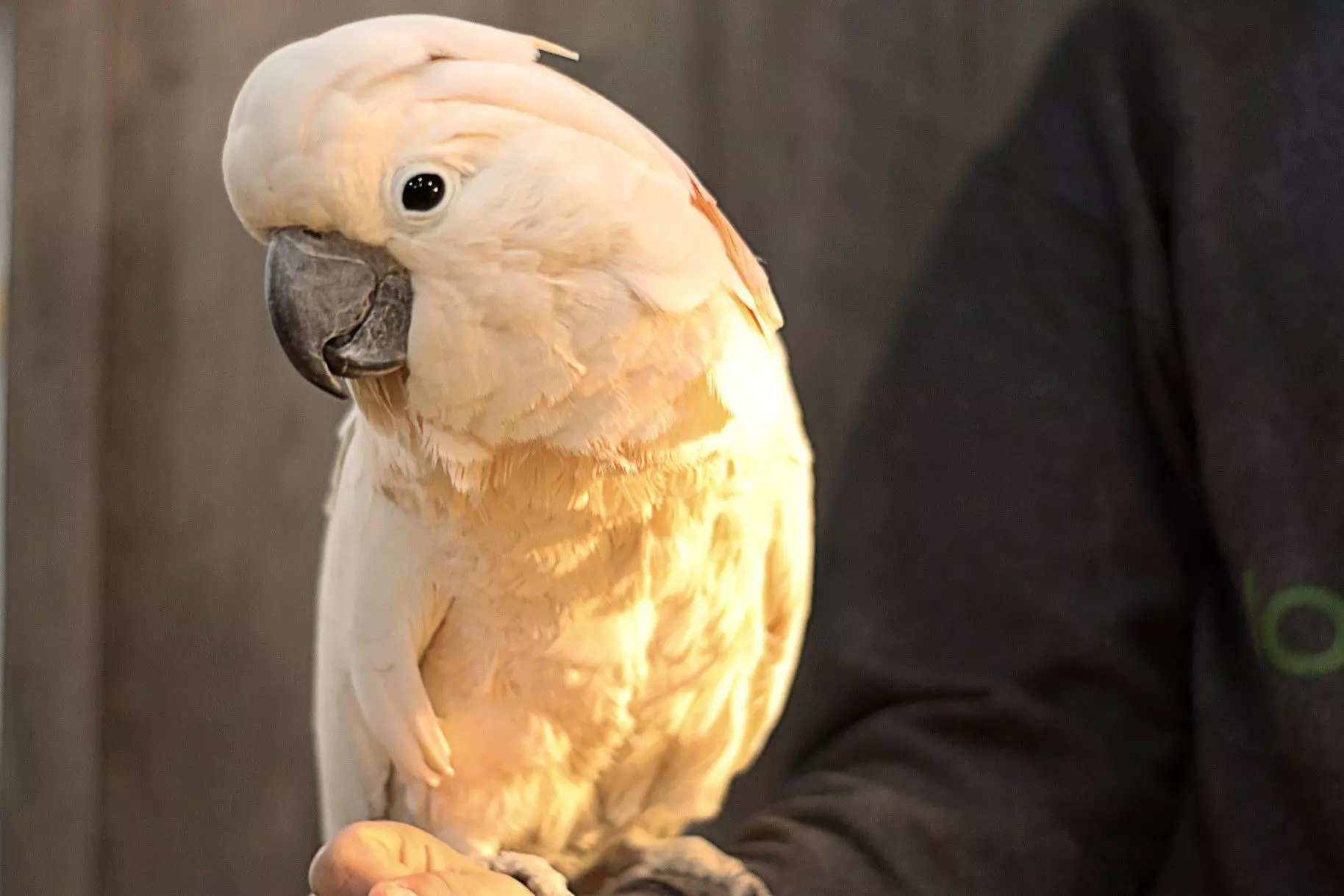Birds can be delightful companions, but prospective owners might not fully grasp the financial responsibilities that accompany these feathered friends. When deciding to welcome a bird into your home, understanding the costs involved is crucial. This article breaks down the various expenditures associated with bird ownership, covering initial purchase prices, ongoing care costs, and the specific needs of different bird species. By the end, readers will have a clear understanding of what to expect financially when considering birds as pets.
The first step in evaluating the expenses of owning a bird is understanding its initial costs, which encompass the purchase price and essential supplies. Prices can vary significantly based on the species. For example, small birds like budgies can range from $15 to $40, while larger birds, such as African Grey Parrots, can cost anywhere from $600 to $2,000.
Beyond the bird itself, new owners must factor in the cost of a suitable cage. A cage for a small bird may start at around $50, but larger birds require much more expensive and spacious accommodations. A cage for a macaw, for instance, can run you upwards of $300. Additionally, new owners should be mindful of the potential need for bird-proofing areas of their home, especially if considering larger species.
Other upfront costs include food, toys, and accessories. Birds require a balanced diet that supplements their primary food with fruits, vegetables, and, in some cases, specialty diets (like nectar for lories). Thus, while the initial expense may seem manageable, costs can accumulate quickly.
Once the initial setup is complete, owners should prepare for ongoing expenses associated with bird care. Regular costs include food, toys, and veterinary care, which can fluctuate based on the species and individual needs of the bird. For small birds like parakeets, you might spend approximately $250 annually on food, toys, and routine vet check-ups. However, more significant investment may be necessary for larger birds, both in terms of food consumption and healthcare.
For instance, while the food for smaller species may be relatively inexpensive, larger birds often have specialized dietary needs. Cockatoos, for example, require high-quality pellets and a well-rounded diet, resulting in increased expense over time. Moreover, routine veterinary check-ups and unforeseen health issues can add to a bird owner’s financial obligations, potentially causing expenses to spike unexpectedly.
One crucial aspect often overlooked when considering bird ownership is the longevity of these animals. Many species have incredibly long lifespans, and potential owners must be prepared for a long-term commitment. Some birds, like cockatiels and parakeets, can live 15 to 20 years, while others, like macaws and cockatoos, may live even longer—sometimes surpassing 50 years!
This long lifespan translates not only to emotional commitment but also to ongoing financial responsibilities that can significantly impact a budget. Therefore, it is essential to consider whether you are ready for such a long-term relationship before making the decision to adopt a bird.
Different bird species come with varying needs and expenses, which can greatly impact the overall cost of ownership. For example, while budgies may be relatively low-maintenance and inexpensive, larger parrot species can demand both higher financial and time investments.
For instance, African Greys are known for their intelligence and social needs—requiring ample interaction and mental stimulation, they might demand more from their owners, both emotionally and financially. Similarly, lories and lorikeets, which require nectar-based diets, can also pose higher feeding costs.
Understanding the specific needs of the bird you intend to adopt is vital in estimating ongoing expenses. Adequate space, social interaction, mental enrichment, and a healthy diet are essential for their well-being and longevity, making it necessary to cater to these requirements from the beginning.
Entering the realm of bird ownership can be rewarding, but it is essential to be well-informed about the costs involved. From the initial purchase price to the ongoing costs associated with care and maintenance, it’s critical to budget effectively. Additionally, prospective owners must weigh the long-term implications of adopting a bird, taking into account the unique needs of their chosen species. By thoroughly understanding the financial and emotional commitments required for bird ownership, individuals can make informed decisions, ensuring a happy, healthy, and sustainable life for their new feathered companions.

